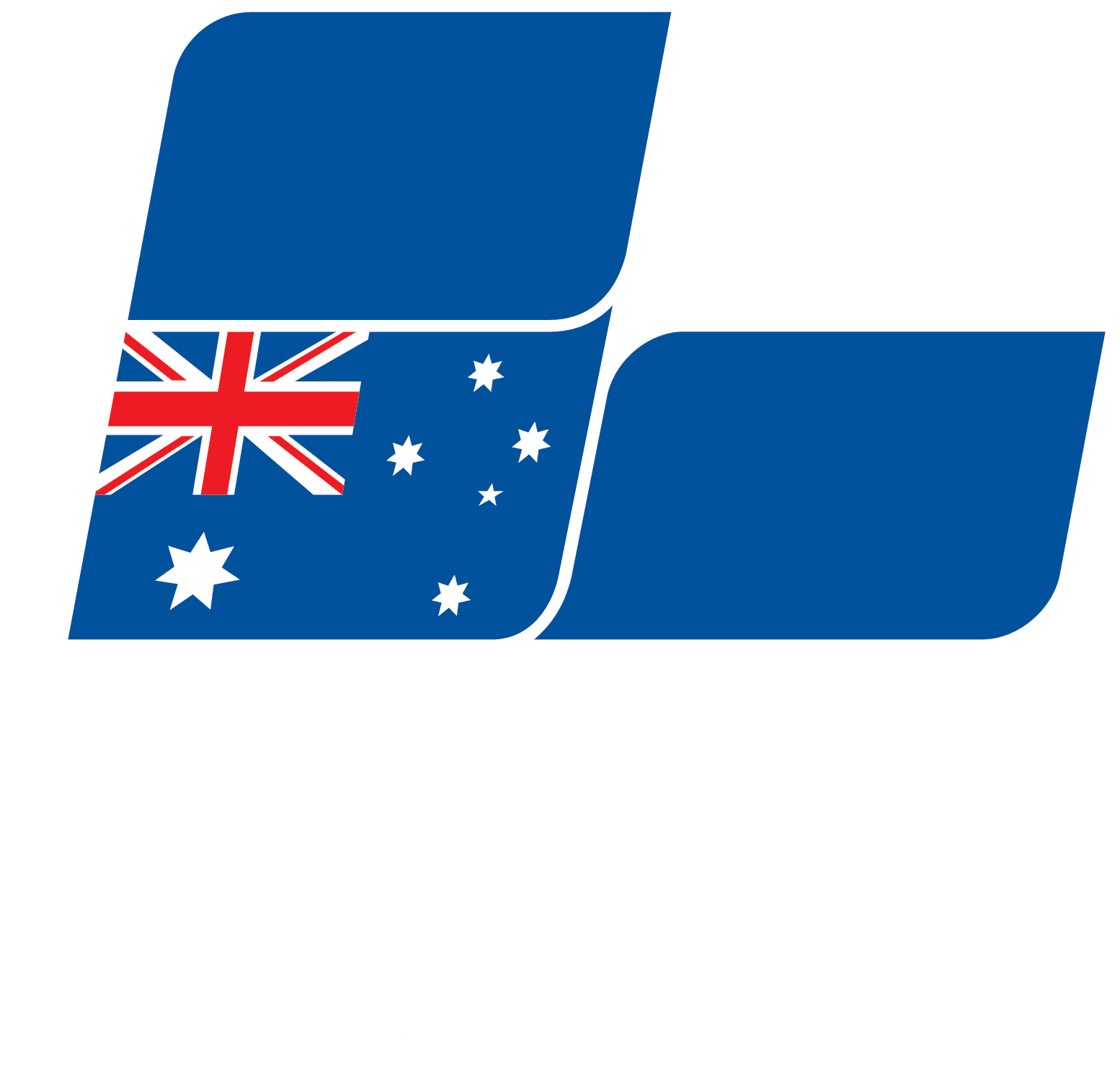Future of Australia’s space industry is in WA
31 August 2017
Australia should develop its own space agency and Western Australia must play a significant role in the development of new space based industries according to WA Liberal Senator Linda Reynolds and WA Opposition Leader Mike Nahan.
Senator Reynolds and Dr Nahan made the case for Western Australia as a significant contributor to Australia’s space industry capability in a joint submission to the Federal Government review launched last month.
Senator Reynolds said WA was already home to a wide variety of civilian and Defence space facilities and would soon co-host the world’s most powerful telescope, the Square Kilometre Array.
“The SKA will cement WA as a leader in the global space industry. It’s a welcome addition to existing facilities, which includes the Murchison Widefield Array, Desert Fireball Network, the European Space Agency’s Deep Space Antenna, Perth International Telecommunications Centre, West Australian Space Centre and Learmonth Solar Observatory,” Senator Reynolds said.
“Significant space-related research and technology development is being undertaken by Curtin University and University of Western Australia, who have joined forces to form the International Centre for Radio Astronomy Research. Our proposal is for the establishment of an Australian Space Agency based on the UK Space Agency model, incorporating aspects of NASA’s Jet Propulsion Laboratory.”
Dr Nahan said WA’s workforce had a strong presence in the space sector, with the potential to expand.
“A 2015 independent report commissioned by the Department of Industry, Innovation and Science found that WA was the third-largest employer in the Australian space industry, although this didn’t include government employees or those engaged by foreign organisations,” Dr Nahan said.
“WA’s advanced manufacturing and fabrication industries also have the potential to contribute to a growing national space industry.”
Dr Nahan said WA’s geographic position combined with its abundance of remote areas made it an attractive location for major space projects.
“Much of WA possesses the perfect combination of low population density, minimal electromagnetic interference and high air quality, which creates ideal conditions for radio antennae, telescopes and other sensitive electronic measuring devices necessary for both civilian and defence space projects,” he said.
By creating a national space agency, Australia would join nations such as New Zealand, Canada, the UK, the USA, Switzerland, Norway and every other OECD nation which have taken advantage of the global space economy and made significant contributions to research and technology development in this important sector.
Media Contact: Amy Blom – 08 9477 5411, 0431 685 372 or amy.blom@aph.gov.au


